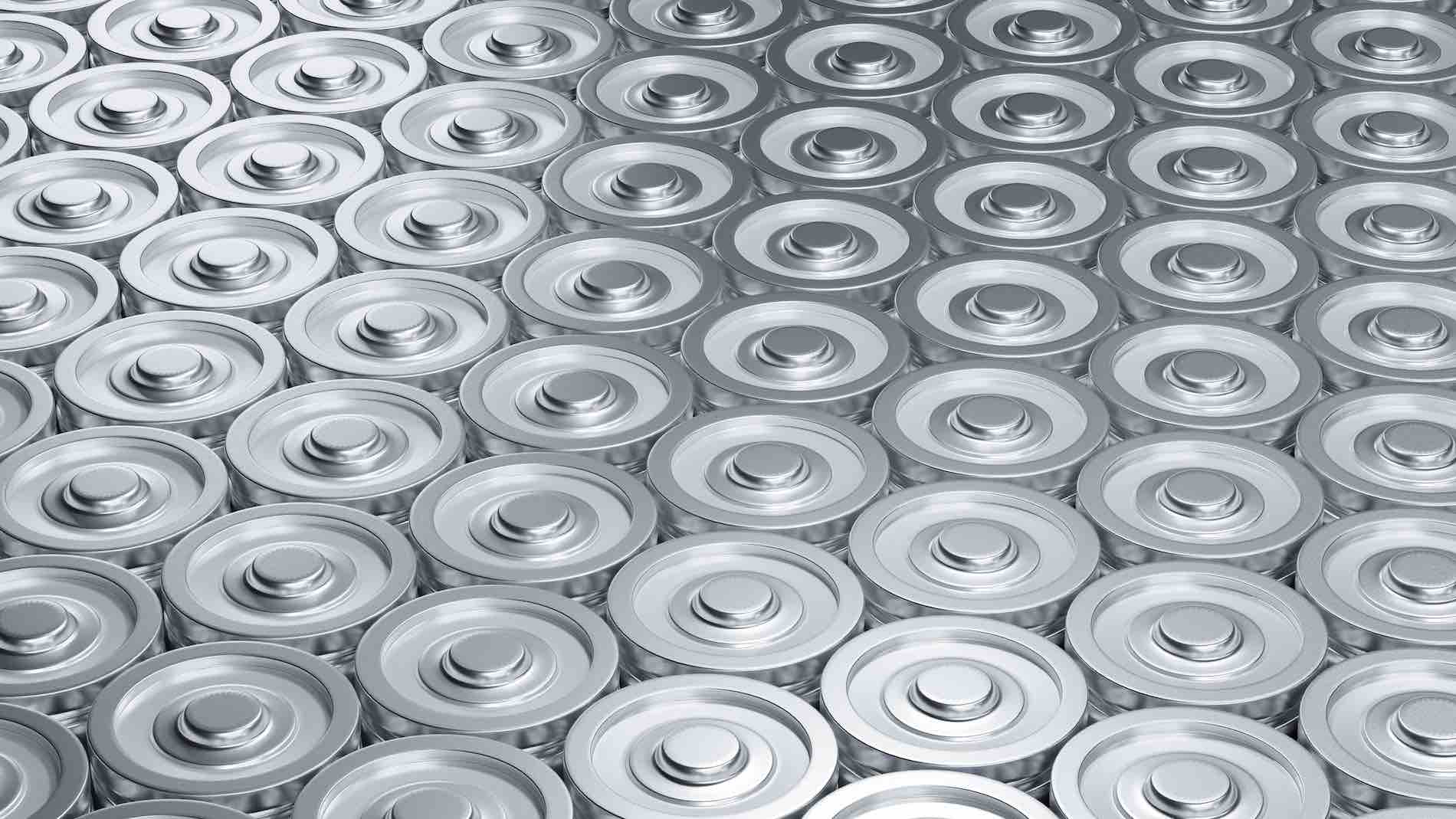ImpactAlpha, Sept. 13 – The energy transition depends upon declining cost curves and better performance of low carbon alternatives. Lyten is looking to accelerate the shift with “3D graphene,” a superconducting form of carbon that can be tailored for batteries, composite materials, sensors and other uses.
“New materials hold the key to delivering fundamentally better-performing products that will also deliver gigaton scale decarbonization impacts,” said Lyten’s Dan Cook.
The $200 million Series B round will help the Silicon Valley-based company bring to market a low-carbon lithium-sulfur battery that is made without nickel, manganese, cobalt or graphite. The oversubscribed round was led by Prime Movers Lab, along with strategic corporate investors such as Stellantis, FedEx, Honeywell and construction company Walbridge Aldinger.
Domestic supply chain
Lyten has spent eight years developing its three-dimensional graphene, which it says significantly improves graphene’s performance and overcomes obstacles to commercialization. The process involves converting methane into hydrogen and carbon, with the latter being sequestered in the graphene.
Lyten opened a battery manufacturing plant in San Jose in June and expects to begin selling to its first customers next year. The company is planning to start construction on a larger scale 3D graphene and battery plant in the US next year.
“Lyten’s Lithium-Sulfur battery has the potential to be a key ingredient in enabling mass-market EV adoption globally,” said Stellantis’ Carlos Tavares. The company’s 3D graphene composite material can help reduce vehicle weight, he added.
Lyten last year received a Pentagon grant for innovations with commercial and national security applications.
Battery innovation
Separately, battery recycler Ascend Elements hauled in $542 million in Series D funding led by BlackRock- and Temasek-backed Decarbonization Partners. The funding will support a new plant in Hopkinsville, Kentucky, and follows $480 million in grants from the Department of Energy.
Massachusetts-based Florrent is developing ultracapacitors, a form of energy storage that can retain and release power faster than batteries, using hemp grown by farmers of color.











